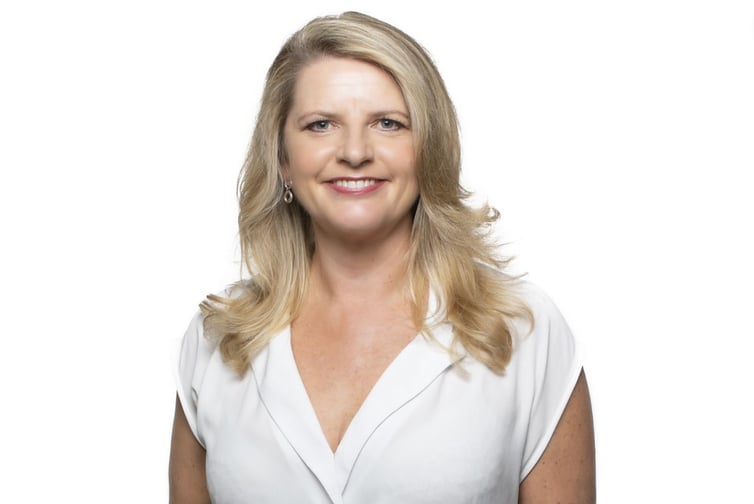

Up to half of parents are willing to put money towards a deposit for their children in future, a report has found, with a leading broker expecting this to become a growing feature of the market.
According to Finder’s Parenting Report 2023, which involved a survey of 1,033 parents of children under 12, parents are planning to give their children $33,278 on average towards a first home deposit in the future.
This would represent Australian parents overall giving about a third of the average first home buyer deposit of $96,274 in March 2023, based on the average first home buyer loan of $481,368.
Parents in some states plan to give more financial help than others, with the most support on offer in Victoria ($52,716), followed by South Australia ($44,656) and then parents in NSW ($40,191).
However overall, one in two say they would not provide much support at all to their children in buying a home in future, with 51% saying they would give their future home buyer children $1,000 or less.
Broker Leanne Johnstone (pictured above), the owner and manager of Mortgage Choice Lane Cove, said she had seen the “bank of mum and dad” playing a growing role in first home buyer transactions over the last 10 years.
Driving the trend was higher prices for property, she said, which was making it increasingly difficult for first home buyers to save the deposit required to enter the market, even at an entry level.
“I think now the concept of the bank of mum and dad has become widely spoken about. I think it has become something that is more part of the conversation over the last couple of years,” Johnstone said.
“Realistically to buy a property in Sydney as a first home buyer, there are very few opportunities to find something under $650,000, and then stamp duty can eat into any deposit they may have.”
Johnstone said 60% of first home buyers she dealt with around Australia would receive some sort of gift, and that this can range from about $10,000 up to the $500,000 that some have received.
Johnstone said it was usually funds from parents – although it can be grandparents – and was normally a non-repayable gift, though it could also be a pre-inheritance or other arrangement.
“I would say the average amount I see in my business would be around $40,000 to $50,000; that could also be coming from parents on both sides if it is a first home buyer couple.”
Johnstone said that a lot of the children involved “want to use as little money as possible from their parents”, and sometimes only did so because they would save money on costs such as LMI.
“When I’m having a discussion with clients and they are thinking of foregoing a gift of say $50,000, I talk through the figures, and it may be having an extra $10,000 might save them $15,000 in LMI.”
Johnstone predicted that the bank of mum and dad would become a bigger feature of the market in the future, due to property prices rising beyond the reach of many first home buyers to afford easily.
“So often children may very well have moved out and be renting, and they are paying HECS as well in many cases. A lot of them move home to save which is great – and they really do work out tight budgets – but if you have to save $100,000 it can take a long time to save that sort of money.
“This is also not about these first home buyer clients wanting properties that are out of their reach. It’s because of just how much house prices have gone up in comparison to wage growth.”
Johnstone said some parents of children had also begun investing in property, in the anticipation that their children may need help to buy a home when they are ready to purchase in the future.
